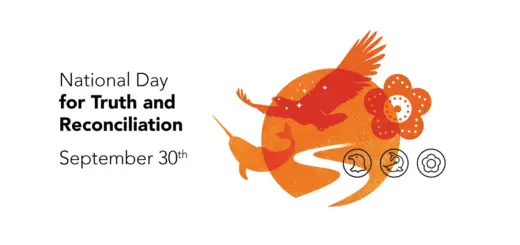World Logic Day: Celebrating Reason, Rationality, and Critical Thinking
World Logic Day, observed on January 14th each year, is a global celebration of the principles of logic and their profound impact on human understanding, reasoning, and problem-solving. This day provides an opportunity to recognize the importance of logic in various fields, including philosophy, mathematics, computer science, and everyday life. In this article, we will explore the history, significance, and applications of logic, as well as the role it plays in fostering critical thinking and rational discourse in society.
The Origins of World Logic Day
World Logic Day was established by UNESCO and the International Council for Philosophy and Human Sciences (CIPSH) in recognition of the importance of logic as a fundamental tool for human inquiry and knowledge. The inaugural World Logic Day was celebrated on January 14, 2019, coinciding with the anniversary of the birth of Kurt Gödel, one of the most influential logicians of the 20th century.
Since then, World Logic Day has been observed annually as a day to promote awareness of the principles of logic and their relevance to various disciplines and endeavors. It serves as a platform for scholars, educators, and enthusiasts to share their knowledge and passion for logic and to engage in discussions about its theoretical and practical applications.
The Significance of Logic
Logic, often defined as the study of valid reasoning, is a cornerstone of human thought and inquiry. It provides a systematic framework for evaluating arguments, identifying fallacies, and drawing valid conclusions based on evidence and reasoning. From the ancient Greek philosophers to contemporary scientists and mathematicians, the principles of logic have played a central role in advancing human knowledge and understanding.
In philosophy, logic is used to analyze and evaluate arguments, assess the validity of claims, and uncover hidden assumptions or contradictions. In mathematics, logic provides the foundation for rigorous proof and mathematical reasoning, enabling mathematicians to establish the truth of mathematical statements and theorems.
In computer science, logic forms the basis of formal methods for software verification and validation, ensuring the correctness and reliability of computer programs and systems. In everyday life, logic is essential for making sound decisions, solving problems, and navigating complex social and ethical issues.
Applications of Logic
Logic has diverse applications across a wide range of disciplines and fields. In mathematics, logic is used to develop formal systems such as propositional logic, predicate logic, and set theory, which serve as the basis for mathematical reasoning and proof. In philosophy, logic is employed to analyze concepts, clarify arguments, and explore the principles of deductive and inductive reasoning.
In computer science, logic programming languages such as Prolog are used to develop intelligent systems and solve complex problems in areas such as artificial intelligence, natural language processing, and automated reasoning. In law, logic is applied to construct legal arguments, interpret statutes and precedents, and assess the validity of legal reasoning.
In education, logic plays a crucial role in fostering critical thinking skills, analytical reasoning, and problem-solving abilities in students. By teaching students to identify and evaluate arguments, recognize logical fallacies, and construct valid arguments, educators can empower them to think more critically and engage more effectively with complex issues in their academic and personal lives.
Fostering Critical Thinking and Rational Discourse
In an age of information overload and misinformation, the ability to think critically and reason logically is more important than ever. World Logic Day provides an opportunity to emphasize the importance of critical thinking skills and rational discourse in society and to highlight the role of logic in promoting sound judgment, informed decision-making, and intellectual integrity.
By promoting awareness of the principles of logic and encouraging the development of critical thinking skills, World Logic Day can help equip individuals with the tools they need to navigate the complexities of the modern world, evaluate competing claims and arguments, and make informed choices in their personal and professional lives.
World Logic Day is a celebration of reason, rationality, and critical thinking. It serves as a reminder of the importance of logic in human inquiry and knowledge and highlights the role it plays in various disciplines and endeavors. By promoting awareness of the principles of logic and fostering critical thinking skills, World Logic Day empowers individuals to think more critically, reason more effectively, and engage more productively with the world around them. As we celebrate World Logic Day, let us reaffirm our commitment to the principles of logic and their enduring relevance in our quest for truth, understanding, and enlightenment





 Subscribe to our channel
Subscribe to our channel